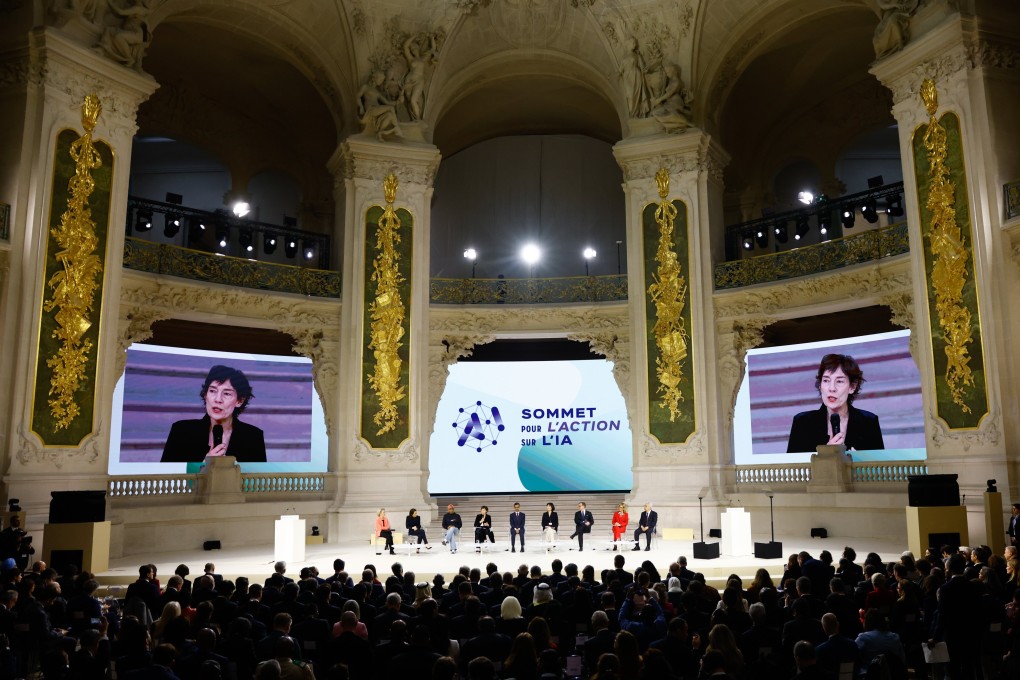Editorial | Global cooperation needed to ensure safe development of AI
As US fails to sign landmark pact, it remains essential for all nations to take an inclusive, open and ethical approach to artificial intelligence

Some 60 parties have signed a Paris statement pledging commitment to inclusive, open, ethical and safe development of artificial intelligence (AI). Asian nations including China, Japan and South Korea joined European nations led by France. They should be lauded for their responsible approach to handling this fast evolving technology.
French President Emmanuel Macron, host of this week’s Artificial Intelligence Action Summit at the Grand Palais, promoted global rules as the “foundation, alongside innovation and acceleration, of what will allow AI to arrive and endure”.
China has expressed willingness to work with other countries to share achievements and safeguard security in AI development. To ward off the risks from the rapid advancement of AI required Beijing and Washington to cooperate, former foreign vice-minister Fu Ying told a summit panel.
“As long as China and the US can cooperate and work together, they can always find a way to control the machine … If the countries are incompatible with each other … I am afraid that the probability of the machine winning will be high.”
Sadly the likelihood of cooperation with the US in the current geopolitically charged environment appears slim.
The emergence of China’s low-cost, open-source DeepSeek large language model has shocked the US, which had been spending vast amounts on AI investment and OpenAI with its pioneering ChatGPT leading the way.

